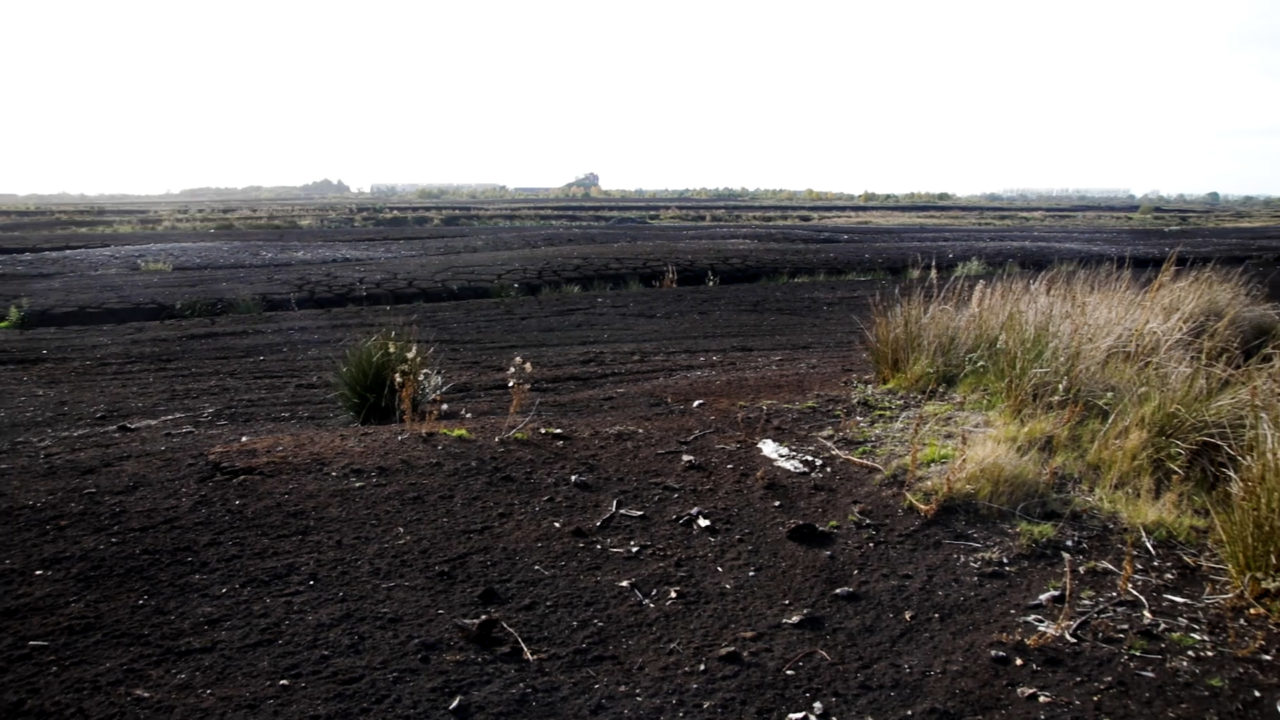The Oireachtas Joint Committee on Environment and Climate Action has recommended “the ending of drainage of peatlands and peat soils for agriculture” in a new report on biodiversity, launched today (Thursday, November 17) at Leinster House.
The committee’s 63 page biodiversity report also contains a recommendation that a national peatlands unit should be established to “engage and work across sectors to inform policy development”.
The report said the new unit could also “implement plans and measures to improve and restore the biodiversity of peatlands wetlands”.
Biodiversity report
The report makes 75 recommendations across five key themes identified during engagements with stakeholders and through submissions to the committee.
It highlights that a “key element” in restoring biodiversity on land is the implementation of a “robust agri-environmental scheme” which would provide farmers with “greater incentives to protect and create areas of biodiversity on their land”.
Speaking at the launch of the report Christopher O’Sullivan, Fianna Fáil TD for Cork South, said it was important that farmers were paid properly for implementing and supporting environmental initiatives on their land.
Deputy O’Sullivan said that for years the national policy was wrong – that farmers were penalised, and he has urged a new partnership approach, one which sees all stakeholders working together, from farmers to government agencies, community groups and key environmental organisations.
The Green Party TD for Limerick City, Brian Leddin, cathaoirleach, Joint Committee on Environment and Climate Action, said it is essential that “legislative provisions” are introduced to protect and promote Ireland’s diverse ecosystems.
“This report points the way towards how we restore biodiversity in nature and how to best reap the co-benefits associated with diverse ecosystems in order to mitigate climate change,” he stated.
The report is largely based on a series of meetings that the committee conducted with a diverse group of organisations and bodies throughout 2021 and 2022.
These meetings helped the committee to identify “key issues and themes which members believe highlighted the poor state of biodiversity on a global level as well as the issues that are specific to Ireland”.
The key areas identified included:
- Climate and the benefits of diverse ecosystems;
- How the degradation of biodiversity happened;
- The loss of biodiversity in marine environments;
- Agriculture and land use;
- How to change downward trends through monitoring;
- Peatlands and forestry.
Among the key focus of the report is the committee’s recommendation that there is a need to prioritise the designation of Marine Protected Areas.
The committee is also recommending that there should be policies in place to encourage “forestry diversification” which it believes would “increase resilience on forestry”.
